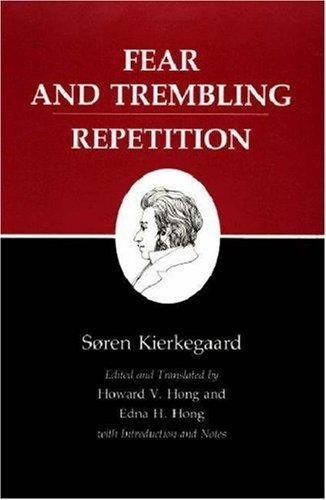You can read March’s Frye Festival Newsletter here.
Daily Archives: March 21, 2011
Johann Sebastian Bach
httpv://www.youtube.com/watch?v=Q5Mv3T3ANjY
Glenn Gould playing Fugue of Praeludium No.22 in B flat minor (BWV 891) from “The Well-Tempered Clavier”
Today is Bach‘s birthday (1685-1750).
Frye in “The Teacher’s Source of Authority”:
It is only when we get to the point of having some sense of having the total subject in our minds that we begin to recognize a source of authority beyond that, of the poet or the creative artist whose work we are studying. If we are listening to music, let us say, on the level of Bach or Mozart, the response keeps shifting from the personal to the impersonal. On the one hand we feel this is Bach, that it couldn’t possibly be anyone else. On the other hand, there are moments when Bach disappears, and what we feel is; this is the voice of music itself; this is what music was created to say. At that level, we are not so much hearing the music as recognizing it. (CW 7, 503)
Bob Denham’s “Frye and…” Series
We are pleased to announce that our journal will be publishing a series of essays by Bob Denham on Frye and some of the great thinkers whose influence on his work has not yet been fully surveyed.
Bob’s first essay is “Northrop Frye and Soren Kiekegard,” which will be posted tomorrow with an introduction by Joe Adamson.
To follow are “Northrop Frye and Aristotle,” “Northrop Frye and Longinus,” and “Northrop Frye and Giordano Bruno.” You can be sure that we’ll let you know when they go up.
Here is the opening paragraph of “Frye and Kierkegaard”:
The roots of Frye’s expansive vision of culture have often been remarked. Blake and the Bible are obviously central to the development of his ideas, and much has been written about Frye’s debts to both. Much has been written as well about other significant influences on Frye: Nella Cotrupi’s book on Frye and Vico, Glen Gill’s study of Frye and twentieth‑century mythographers (Eliade, Jung, and others), Ford Russell’s account of the influence of Spengler, Frazer, and Cassirer on Frye, and Sára Tóth on Frye and Buber. No one, however, has considered the ways that Kierkegaard influenced Frye’s thought. As the impact of Kierkegaard on Frye is relatively substantial, the purpose of this essay is to examine Frye’s use of Kierkegaard.[1] Direct influence is sometimes difficult to demonstrate, but parallels between and similar ideas held by the two can be instructive. Kierkegaard helps to define, illustrate, and develop Frye’s thought. Along the way, we will also glance at Frye’s critique of certain Kierkegaardian ideas.

